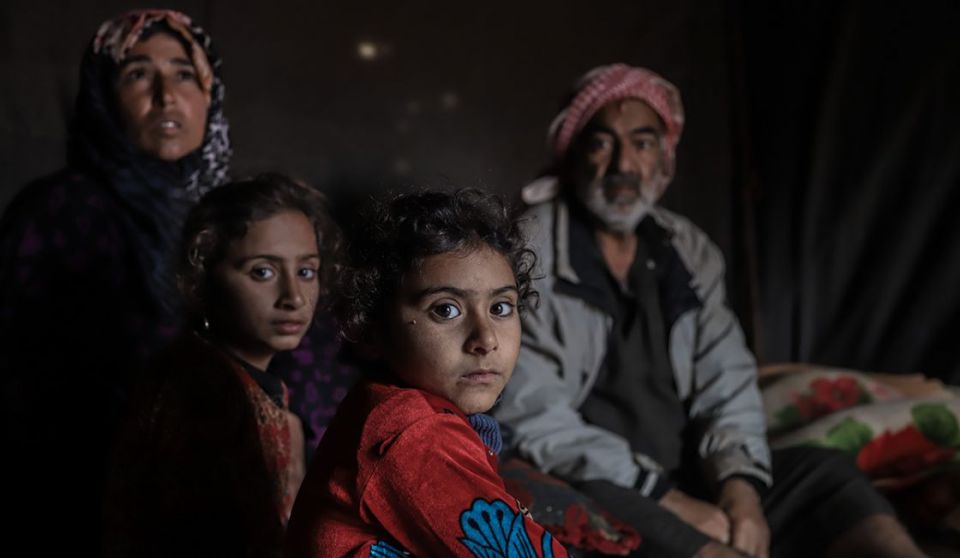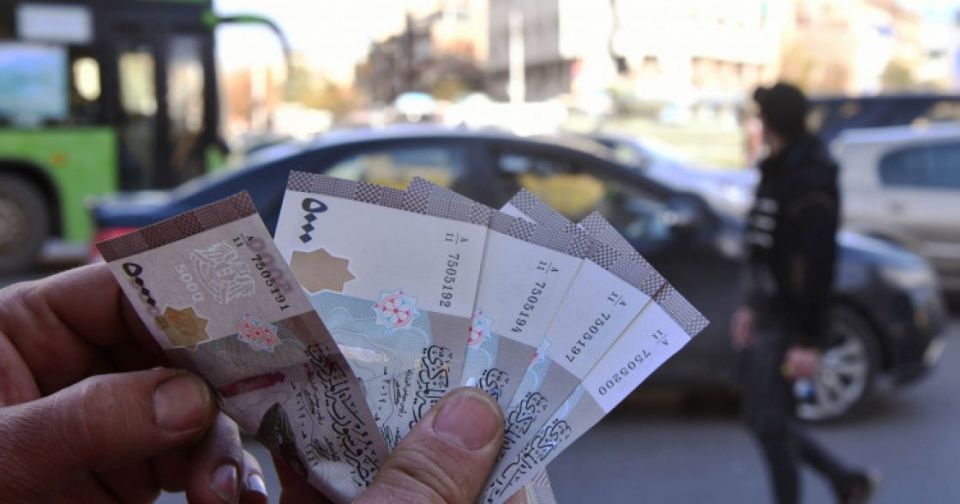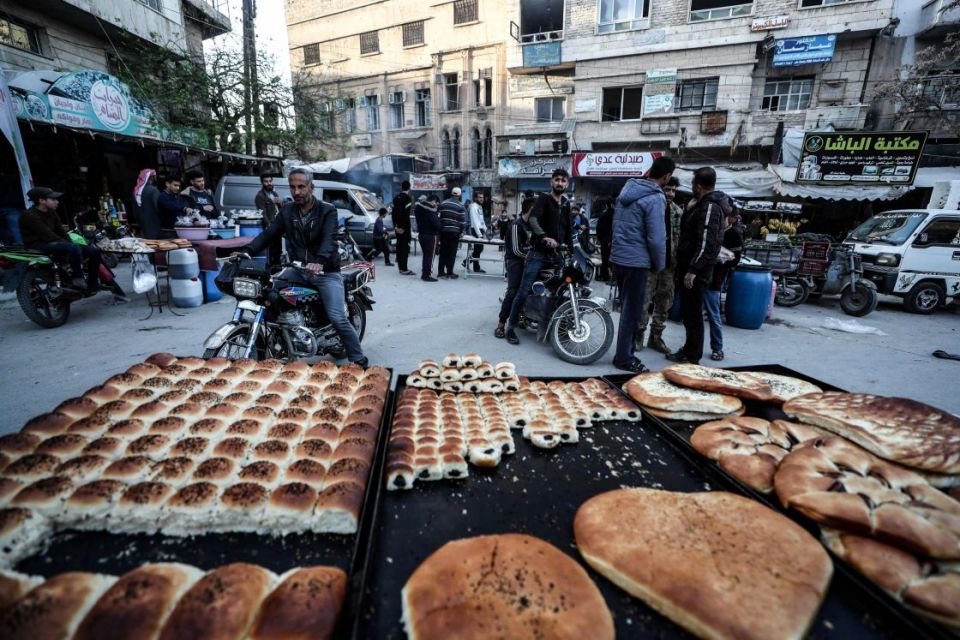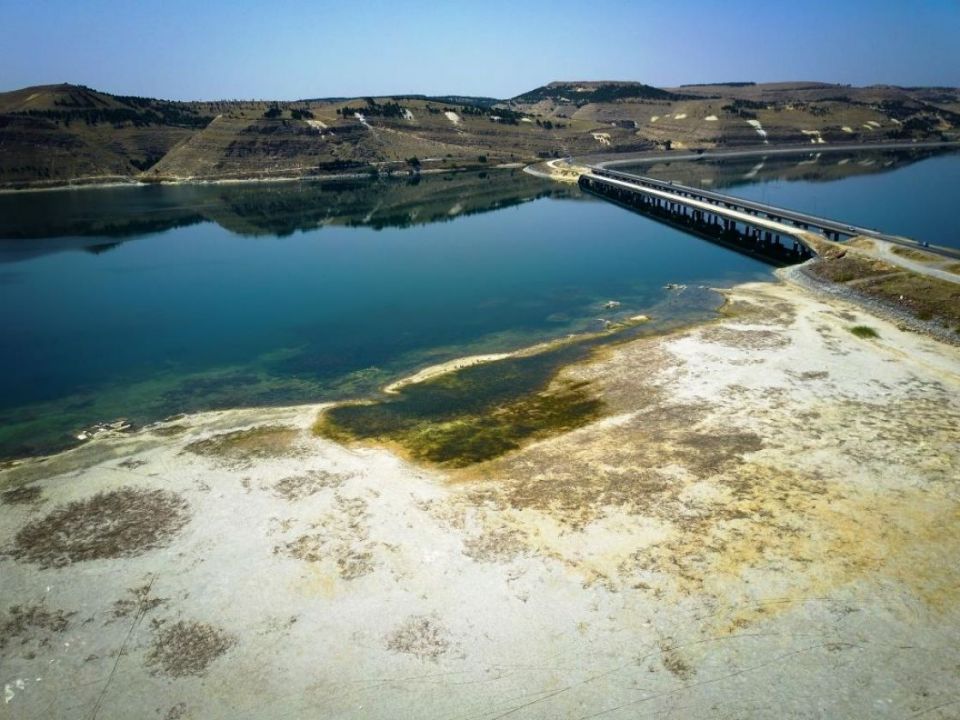Which Type of Violence is the Most Dangerous in Syria Today?
Although ten years have passed, “violence” in its various forms is still the most prominent headline in describing what is happening against the Syrian people, though that violence has taken different forms during the past ten years, and it has been practiced by many sides. Violence has become one of the most important tools used and still being used by the various forces and sides to suppress the Syrian people and try to divide Syria geographically and humanly, and to reinforce and deepen that division with the aim of perpetuating and fixing it and thus deepening the crisis and striving to make it impossible to reach a comprehensive and implementable political solution.
As the forces, sides, and circumstances at all levels changed, the forms of violence also changed to ensure the ability of stakeholders to achieve their objectives and interests that contradict and go against the interests of the Syrian people.





